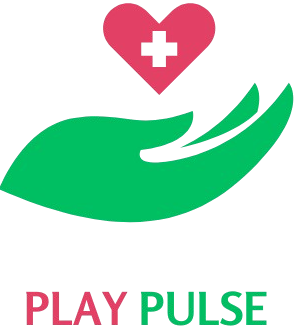Health care has always been a cornerstone of society, but its structure and delivery are evolving rapidly. From advances in medical technology to shifts in policy and patient expectations, understanding these changes is crucial for both providers and recipients of care.
The Modern Landscape of Health Care
1. Technological Advancements
The integration of technology into health care has been transformative. Electronic Health Records (EHRs) have streamlined patient data management, improving accessibility and coordination among providers. Telemedicine, once a niche service, has become mainstream, allowing patients to consult with healthcare professionals remotely. This has expanded access to care, particularly in rural and underserved areas.
2. Personalized Medicine
Personalized medicine tailors treatments to individual genetic profiles, enhancing the efficacy of interventions. By analyzing genetic information, healthcare providers can offer treatments that are more likely to be effective and minimize adverse effects. This approach is paving the way for more precise and individualized care.
3. Preventive and Holistic Care
There is a growing emphasis on preventive care and holistic approaches. Instead of focusing solely on treating illnesses, modern health care increasingly prioritizes prevention and the overall well-being of patients. This includes lifestyle changes, mental health support, and proactive screenings to catch potential issues before they become serious.
Challenges in the Health Care System
1. Access and Equity
Despite advancements, access to health care remains a significant challenge. Disparities in access and quality of care exist based on geographic, economic, and social factors. Addressing these inequalities is essential for ensuring that all individuals receive the care they need.
2. Rising Costs
The cost of health care continues to rise, posing a burden on individuals and health systems alike. Factors contributing to this include expensive medical technologies, high administrative costs, and the increasing prevalence of chronic diseases. Finding sustainable solutions to manage and reduce costs is a critical issue for policymakers and providers.
3. Data Privacy and Security
With the increasing use of digital tools, protecting patient https://wpallinfo.com/ data has become a major concern. Health care organizations must implement robust security measures to safeguard sensitive information from breaches and unauthorized access. Ensuring data privacy while utilizing digital tools is a delicate balance.
The Future of Health Care
1. Artificial Intelligence and Machine Learning
AI and machine learning are set to revolutionize health care by enhancing diagnostic accuracy, optimizing treatment plans, and predicting patient outcomes. These technologies can analyze vast amounts of data to identify patterns and provide insights that support decision-making.
2. Integration of Social Determinants of Health
Future health care models are likely to integrate social determinants of health, such as socioeconomic status, education, and environment, into patient care strategies. Recognizing and addressing these factors can lead to more comprehensive and effective health interventions.
3. Patient-Centered Care
The shift towards patient-centered care emphasizes involving patients in their own health decisions and respecting their preferences and values. This approach fosters better patient engagement and satisfaction, leading to improved health outcomes.
Conclusion
The health care system is undergoing significant transformation, driven by technological innovations, evolving patient needs, and systemic challenges. Navigating these changes requires a collaborative effort from all stakeholders—patients, providers, policymakers, and technology developers. By addressing current challenges and embracing future opportunities, we can build a health care system

